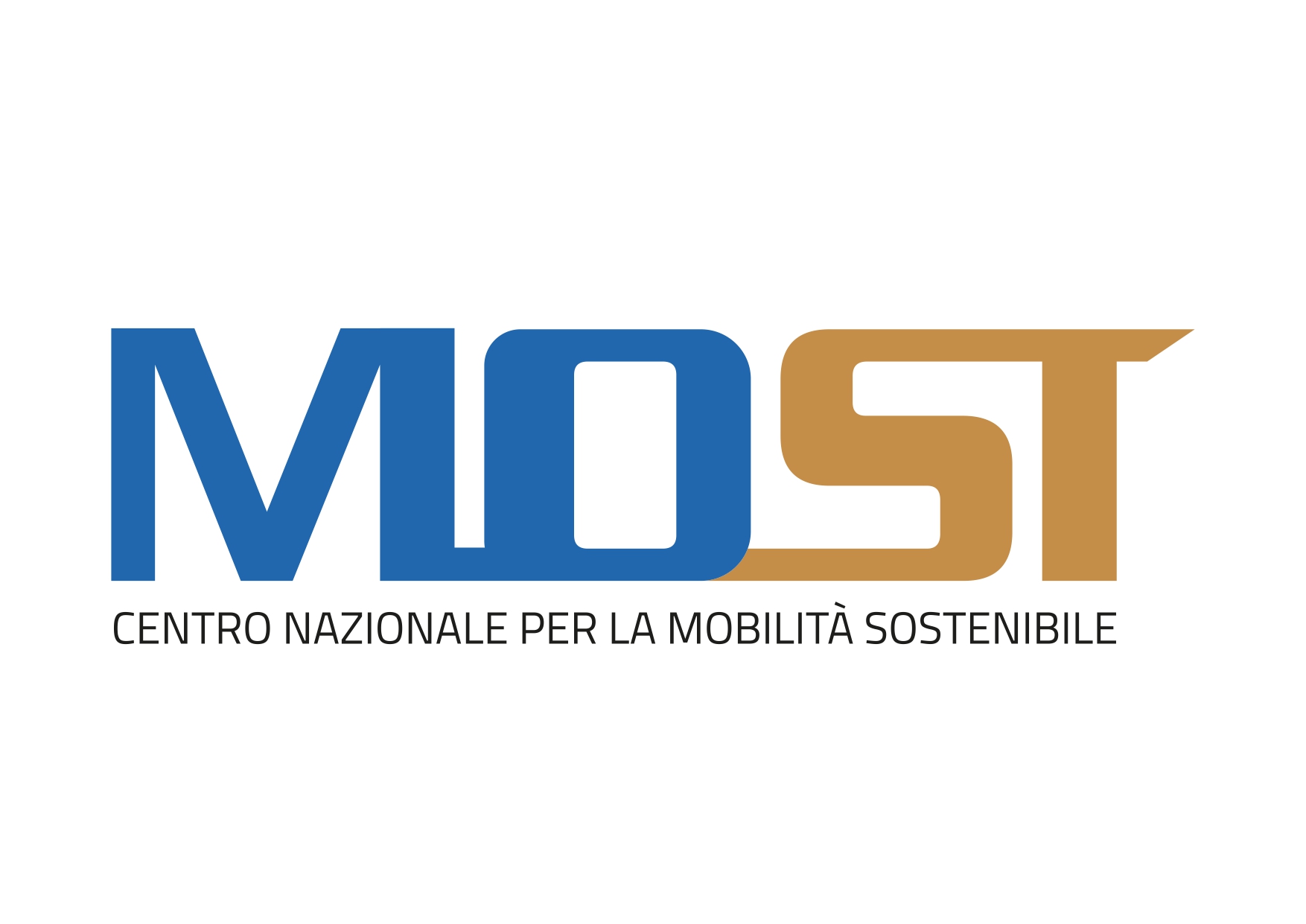National Most
Over the next decades, the main challenge for the mobility of the future will be to drastically reduce emissions, achieving the highest level of sustainability possible globally. There will therefore be a strengthening of the development chain in research and in the economy, with a strengthening of technology transfer mechanisms to allow a solid and effective green transition, the achievement of carbon neutrality by 2050 and a digital transformation for a efficient and inclusive mobility service.
The National Center for Sustainable Mobility, in this context, will act as an innovative ecosystem of excellence able to foster innovation through the systemic use of research results from the entire production system.
Through specific research and innovation programs and activities, the aim is, among other things, to promote innovative “sustainable mobility” with new solutions light weights, new propulsion systems, hydrogen and electric fuels, to make the mobility system safer with digital products and processes to promote intelligent management, monitoring and predictive maintenance, reducing fatal accidents.
The objectives also include increasing the resilience and efficiency of mobility systems, with solutions and services for public and private transport, creating personalized and accessible mobility that allows for new social inclusion and strengthening supply chain, national competitiveness and international visibility.
25 Universities and Research Centers and 24 Private Entities participate in the National Center for Sustainable Mobility – organized according to the HUB&Spoke structure – including the FNM Group, which is involved in research activities on the following topics: rail transport (Spoke 4), smart infrastructures (Spoke 7), MaaS (Spoke 8), urban mobility (Spoke 9), freight and logistics (Spoke 10), hydrogen (Spoke 14).
